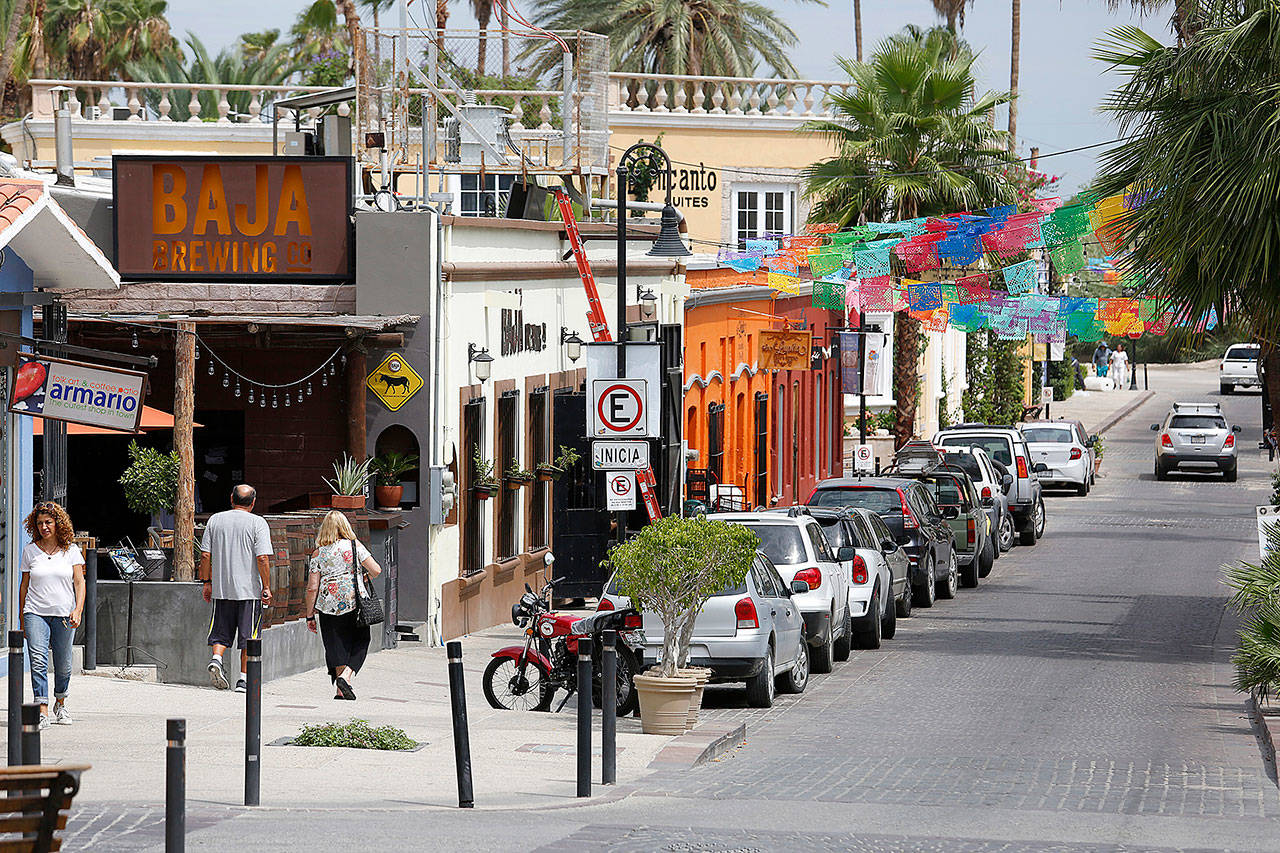By Conor Shine
The Dallas Morning News
DALLAS — In an August travel warning that has roiled the Mexican tourism industry, the U.S. State Department advised visitors to exercise caution, citing reports of violence and rising homicide rates that encroached on some of Mexico’s most popular destinations, including Cancun and Los Cabos.
Numbers and anecdotes paint a startling picture — murders have doubled in Cancun this year, according to a report from Bloomberg News, while in June, a cooler containing two human heads was found on the main hotel strip in Cabo San Lucas.
But the country’s tourism minister said Monday that the warning and the figures it’s based on don’t tell the whole story, especially when it comes to the safety of tourist destinations that helped draw some 35 million visitors to the country in 2016, many from the U.S.
“I’m very respectful of what the State Department has to do … what I’m saying is those numbers aren’t necessarily to be considered for tourism purposes because they’re describing (a different) situation,” Enrique de la Madrid, the country’s minister of tourism, said in a Monday interview with The Dallas Morning News. “We just want to send a signal, which is true, that our destinations are a safe place to visit.”
The August travel warning updated an advisory previously issued by the U.S. in December 2016 and includes specific travel warnings for 23 of the 31 Mexican states.
While de la Madrid didn’t deny that Mexico faces security challenges as it deals with organized crime and the continuing drug war, he said U.S. advisories covering entire Mexican states are overly broad and don’t reflect the on-the-ground situation at resorts and other tourist hot spots.
“They’re not tourism-focused,” de la Madrid said of the warnings.
Government-issued travel warnings are not uncommon — the U.S. has issued more than three dozen for various countries since the start of the year — but in Mexico, the inclusion of popular tourism destinations created a perception that threatened what’s grown to be a $20 billion industry that supports some 10 million direct and indirect jobs, according to figures provided by de la Madrid.
The warning also comes at a time of simmering political tension between the U.S. and Mexico, with President Donald Trump pushing for a renegotiation of the North American Free Trade Agreement and stricter enforcement of immigration law and border security.
De la Madrid said he didn’t think the State Department’s warning was politically motivated.
“I don’t see it, and I hope there isn’t,” he said when asked about potential ulterior motives by the U.S. government.
How, exactly, the travel warning is affecting tourism from the U.S. to Mexico is still to be seen.
International passenger arrivals dropped 2 percent in September, the first decline in three years, although the month did include impacts from hurricanes in the Gulf of Mexico, which especially affected cruise ship operators.
Bloomberg reported about 35,000 hotel room reservations have been canceled, and one analyst projected that a significant drop in tourism could shave as much as 0.5 percent off the country’s GDP.
But de la Madrid said bookings in the country look steady through the end of the year and officials are starting to look to 2018 to gauge impacts.
Southwest Airlines, which operates service to Mexico from 21 U.S. cities, said it hasn’t seen a substantive impact on its bookings to Mexico and has not made any changes to its network plans due to the travel warning.
American Airlines said it also has not made any changes and continues to operate its full schedule of 600 weekly flights to Mexico.
Both of those airlines were set to meet with de la Madrid during his visit to North Texas on Monday.
It’s not clear what it will take for the U.S. government to revisit the travel warning, but de la Madrid said the Mexican government is working with the private sector to strengthen security at its tourist destinations.
“We take these warnings very seriously,” he said. “Mexico is a safe country to visit … it is a welcoming place. And we’re working on our issues, but those issues don’t relate to the risk of a foreign tourist in Mexico.”


